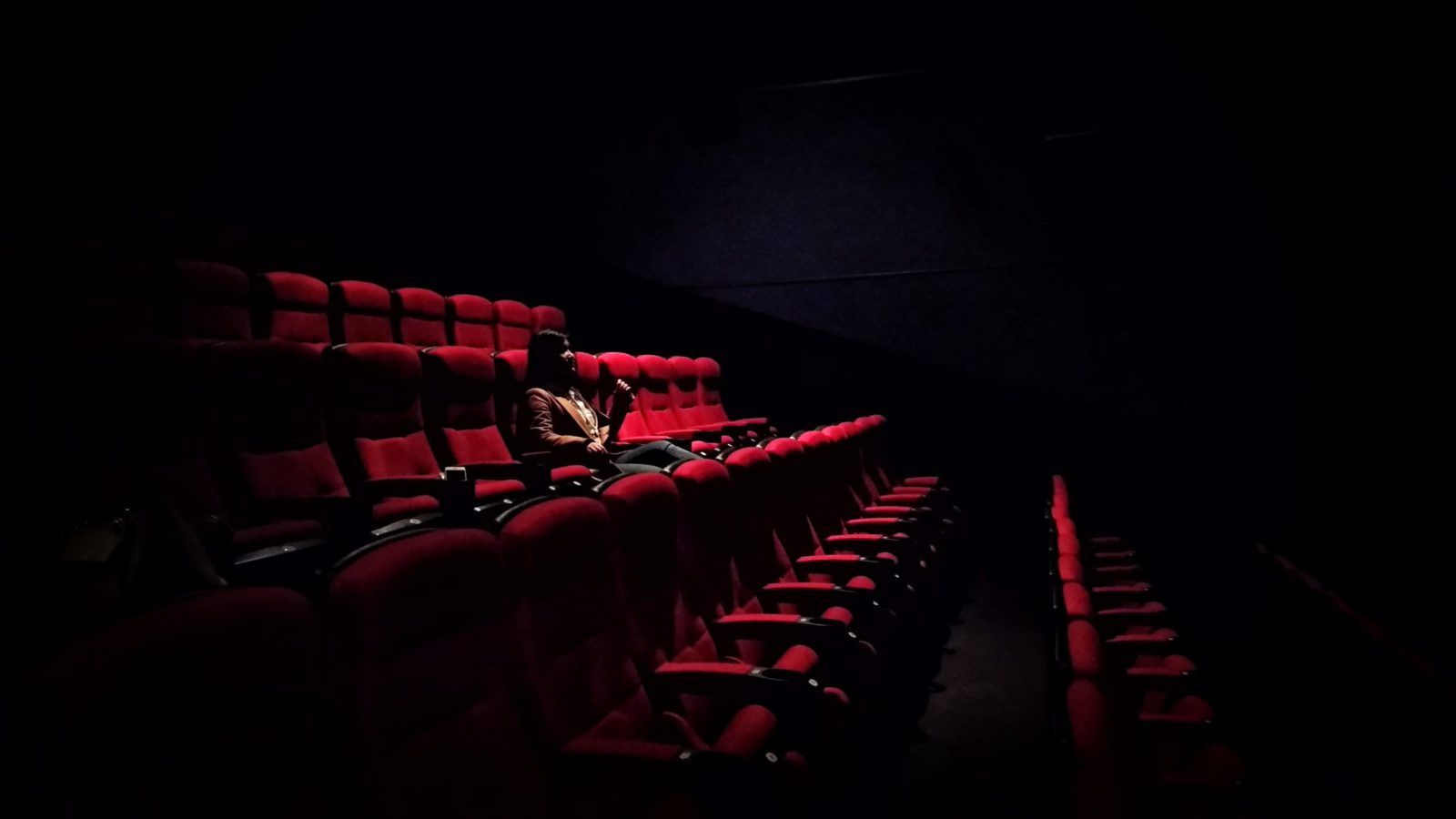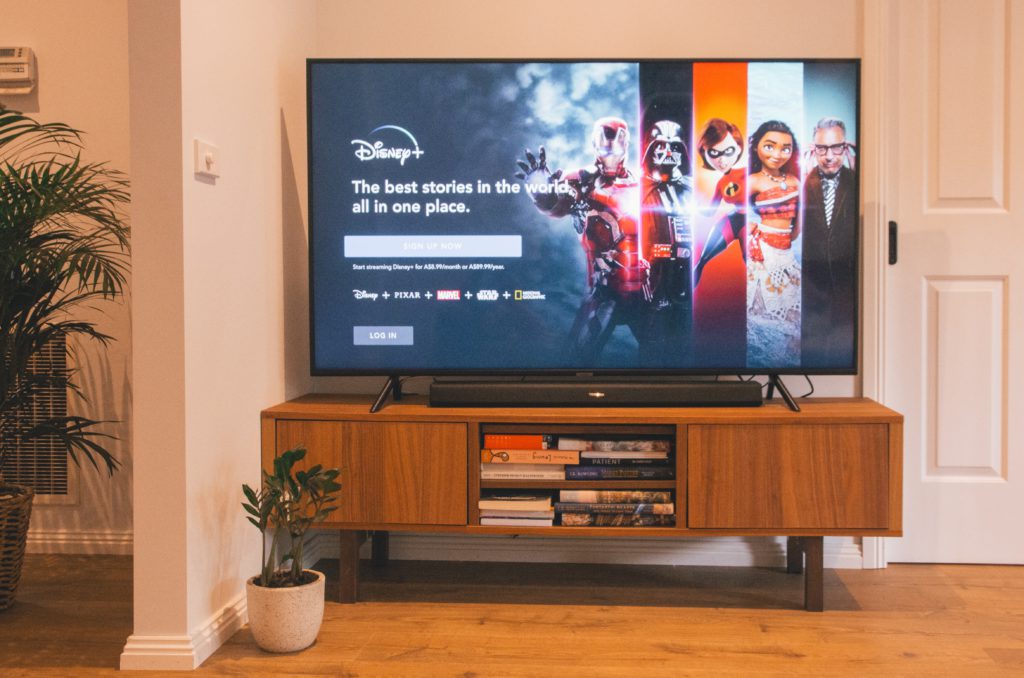By Trynkle
Published on Oasis Kr Asia

Once a golden industry, the cinema industry is now on the brink of being forgotten after being hit by the pandemic.
“Cinema will always have an important role to play in society.” Leslie Caron
As a place, the cinema represents different things to different people. For some, it is a refuge, their ultimate escape. For others, it is a starting point for relationships and social distractions. For many thousands, it is a place of work. And for a handful, it is the location to witness their dreams and vigour realised. Whatever your reason for visiting the cinema, its role within society cannot be dismissed.
In a community where we are quick to dismiss our feelings, one cannot escape the excitement conjured when you go to the cinema – a myriad of aura, sights and smells. It has become a rite of passage in modern culture from first dates, to the ultimate reverie. Some people bask in the experience of buying their own popcorn, sitting with their friends and being fully absorbed in a film. Others enjoy the nostalgic effect of movies; turning back time to one’s childhood days and a kid-like elation attached to a cinema experience.
Over the last decade, movies have become more diverse and inclusive, giving rise to increased admissions and greater box office sales. The assumed relationships within cinemas primarily focuses on that between movie and patron. However, there are larger ecosystems within a cinema and in the movie industry as a whole. Ushers, cleaners, F&B staff, as well as management, all make up the industry. Within Asia, the film and cinema industry accounts for revenue of approximately US $4billion and over 2.8million jobs, all of which are currently under threat and being forgotten. It is an affliction that is more widespread than is being advertised. Ultimately, a cinema is like any organisation and once any pillar is removed, things start to crumble.

COVID-19 has caused the public to be numb to the notion of retuning to the cinema.
Perhaps the most debilitating thing about COVID-19 isn’t the virus itself but, in fact, the uncertainty that it breeds. During the pandemic and with the continual movement control orders and circuit breakers, the public has become numb to the notion of returning to the cinema. More importantly, it has become oblivious to the impact on movies, as a creative form, and cinema employees.
As an industry that contributes up to 25% of the entertainment industry’s GDP, wouldn’t it be fair to assume cinemas deserve the same level of backing as other industries? Much of the problem lies in how politics view the entertainment industry. Health, education and transportation are all treated differently; each with their own dedicated ministerial post with separate budgets. In most countries, film and entertainment sit as a subset of some other department or ministry. It is not a dedicated or prioritised subject.
The entertainment industry in other countries has changed recently with their adoption of ministries of media, digital and/or culture. And this is the crucial point; cinema is essentially cross-disciplinary and should be judged in terms of its cultural, social and digital impact. Asian governments failed to prioritise a portion of its economy while simultaneously alienating creative and imaginative facets of its population. Subsidies and furlough schemes which could keep the Asian film industry and cinema sector afloat have been non-existent. COVID-19 is industry agnostic so why can’t politics be the same.
A prime example is Malaysia which, like most countries, finds itself in a vacillating system, as it navigates through MCOs, RMCOs and now CMCOs – periods of constant uncertainty. Within the movie industry, this brings additional problems, such as suppliers losing confidence and creating industry instability. Movies are now random acts throughout the year as opposed to scheduled, and anticipated, forms of entertainment. Whilst, in the long term, this may not impact the likes of Hollywood and Bollywood, huge movie industries in their own right, it does however affect the local suppliers. The Malaysian movie industry is not cultivated or economically stable enough to deal with such uncertainty and, more importantly, local Malaysian movie makers and suppliers are not willing to take the risk. The same can be said across most South-East Asian countries.
“Now more than ever we need to talk to each other, to listen to each other and understand how we see the world, and cinema is the best medium for doing this.” Martin Scorsese
Given the gravity of the situation, perhaps it is time to reach out to the public for help. With their general love for cinema and the power of digital media, it makes sense to look to the public for solutions. Through modern mechanisms, such as crowdfunding and social pledges, there may be a possibility to evoke enough emotion and financing to bring back the cinema industry from the brink of collapse. The latter sounds grandiose but it is actually a very realistic possibility illustrated by several cinema closures across Asia in recent months. Other cinema chains will have to look forward to 2021 with great conservatism amidst huge uncertainty.
Cinema executives and media alike should urge the public to reconsider the role they can play in saving the cinema industry. The starting point is to demonstrate the industry’s importance to the government. Thereafter, the public has a commitment to take the relevant steps to ensure that, when cinemas do open, they are lining up to show their support and presence. The first set of returning cinema-goers will effectively be the new evangelists for the industry – setting the tone for any potential revival and removing the quarantine fatigue that everyone is experiencing. There is also a role for the elite within Asian countries who have the propensity of power and money to aid the revival of cinema.
Another key consideration is the physical cinemas themselves. Operators should look to utilising their premises for other avenues of revenue. The area could be utilised for F&B, kids classes, even COVID testing. Anything that at least provides use for the current, partially redundant cinemas. According to KPMG, there is likely to be a shift in revenue recognition from ticket sales and advertising to F&B which culturally also makes sense given Asia’s unity in its love of food.
Let us look at the positives. Most cinemas have made adjustments achieving the gold standard for SOP requirements. Customer satisfaction is definitely there and safety is no longer as big a concern. Prior to the recent third and fourth waves, there was genuine momentum and a willingness to return from the public. What is necessary now is government support. There needs to be public backing shown towards the cinema industry and substance in the messages given to the creative content workforce. In addition, the local movie players also need to be incentivised to continue to churn out content. This is key to bringing consumers, of all demographics, back to the cinemas.
Several Asian countries have shown how it can be done. Hong Kong reopened their cinema industry earlier this summer and, with their strict and thorough safety protocols, they also managed to stay consistently open through their equivalents of circuit breakers and lockdowns. Also, Singapore, which was hit hard by the virus in June and July, has recently opened up its cinemas with equally safe restrictions in place and also the ability for crowds to feel like they are back to their original cinema experience, such as sitting together, in groups of no more than 5.

Netflix and other online streaming platforms are situational solutions during the pandemic.
As both a writer and a consultant, I feel that the cinema industry has reached its ground zero. It is time to elicit a government response whilst illustrating to the public the reality behind the decline of this once golden industry. Prior to COVID-19 the cinema industry was healthy and had shown all the signs of dominating the entertainment sector. Netflix and other online streaming platforms, whilst providing an escape during the pandemic, are situational solutions and have not had the uptake that would see them compete with cinemas. In addition, piracy has skyrocketed and there has been a limited success for online streaming debuts. The decision by Warner Bros to release its movie slate online via HBO Max showed how finance is driving decisions more than ethics or social satisfaction.
“I’m very attached to movie theatres and I love going to them. Nothing will ever replace that. It’s very romantic and beautiful. I used to want to live inside of one, with a bathtub, a bike and a bed, and just watch movies.” Winona Ryder


